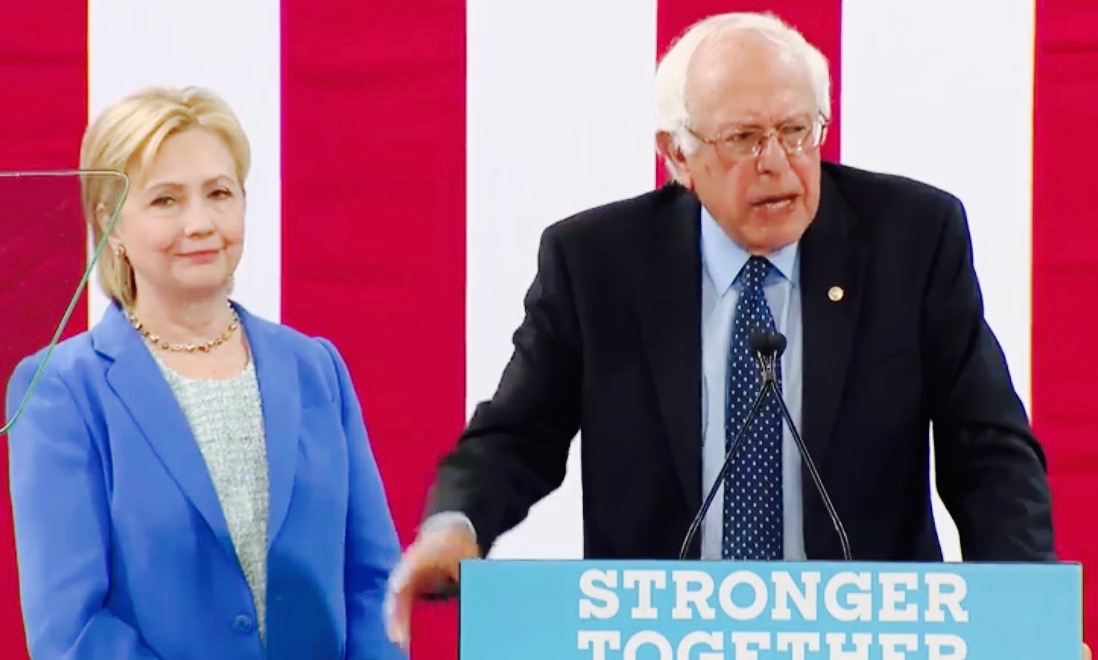Bernie Sanders Endorses Hillary Clinton
WILL HIS SUPPORTERS FOLLOW? Crusading populist Bernie Sanders has endorsed the presidential candidacYou must Subscribe or log in to read the rest of this content.
WILL HIS SUPPORTERS FOLLOW?
Crusading populist Bernie Sanders has endorsed the presidential candidac
